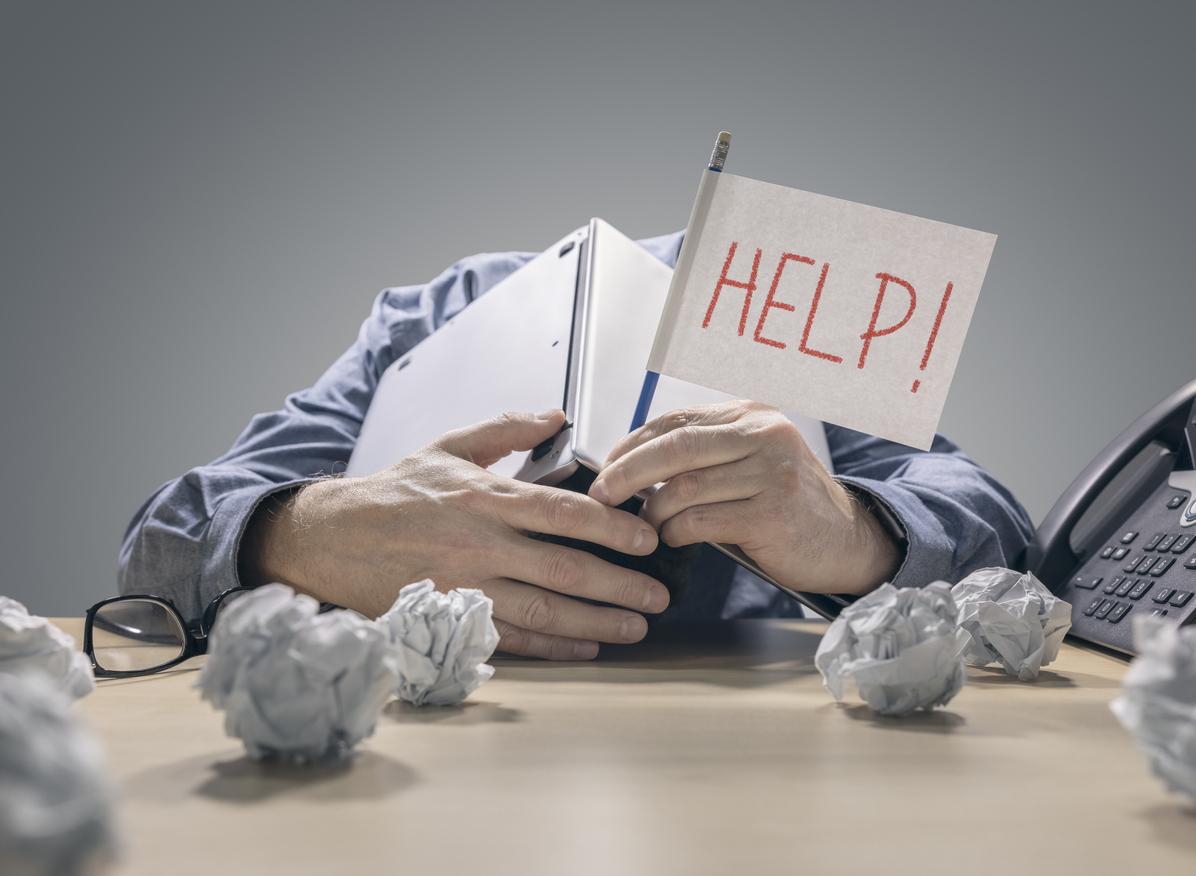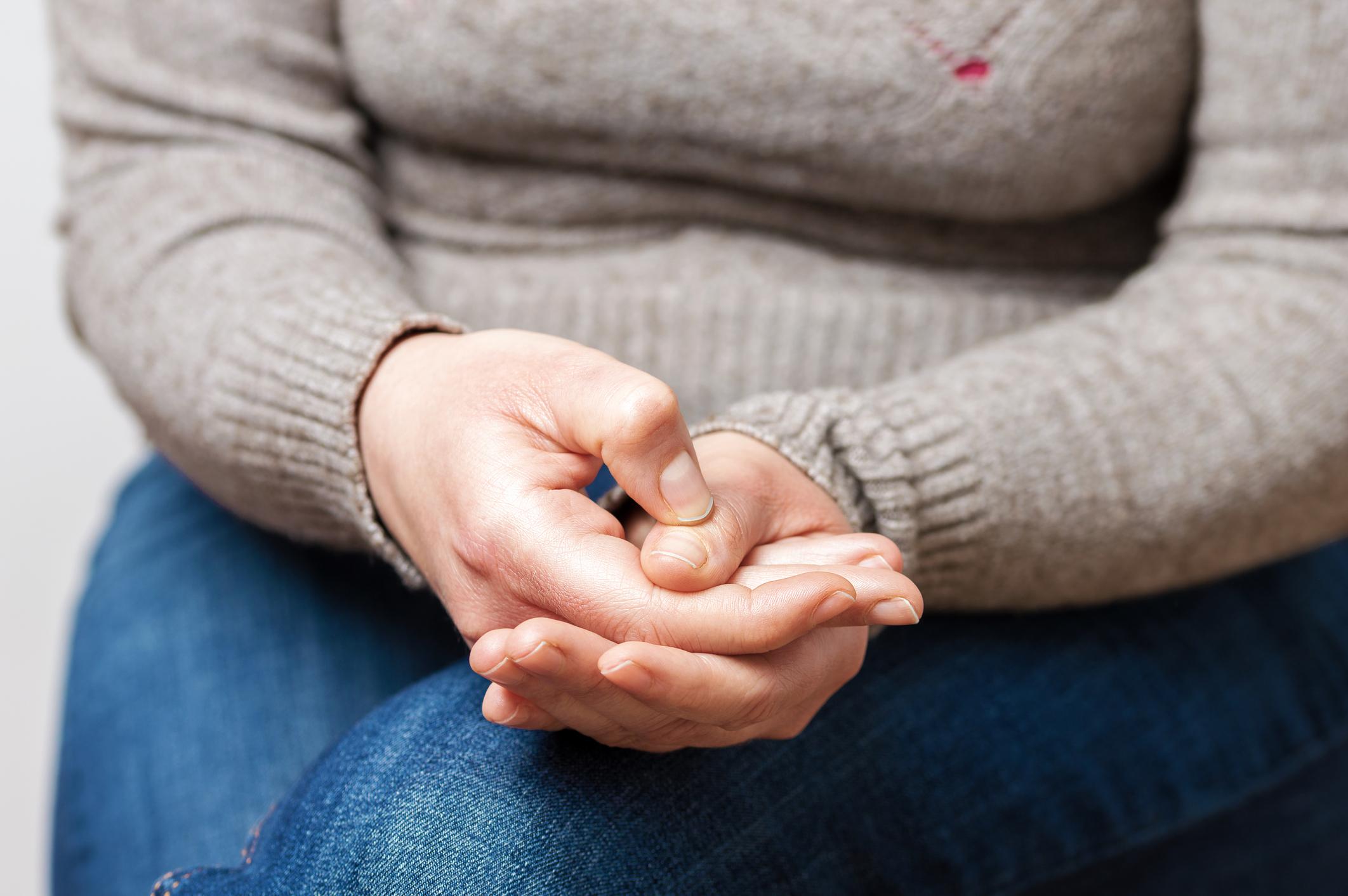More than three quarters of healthcare professionals would seek help if they found themselves in a burnout situation. However, almost half did not know who to contact.

By dint of being at the bedside of others, health professionals often forget themselves. Indeed, whether they are doctors, nurses, or pharmacists, the malaise seems generalized, in particular the psychological suffering, omnipresent in these professions.
According to the results of a survey conducted in 2015, nearly half of caregivers felt that they had been in a situation of suffering in their career (50% were or had been affected by burn-out, 14% by addictive behaviors) .
Faced with these worrying results, the Healthcare Professionals Association (SPS) mandated the Stethos agency to answer a question: what are the expectations of healthcare professionals in the event of psychological suffering? And this second survey is hardly more reassuring.
Health professionals, both in private and in hospital, confide to more than 75% that they would seek help if they found themselves one day in a situation of psychological suffering (professional exhaustion syndrome or burnout). out, addictive behavior (s)…). Women are also more inclined to seek help compared to men (79% against 69%).
Badly identified aid structures
But they are helpless when the disease arrives. If they were in a situation of psychological suffering, almost half admit that they would not know who to turn to. It therefore seems logical that to the more precise question: “Do you know of an association committed against the psychological suffering of health professionals?” A listening number to call in the context of this type of suffering and dedicated to health professionals? », The caregivers answer« no », at 95% (association) and 97% (listening number).
It should be noted that a little more doctors than other professionals know of an association committed against psychological suffering, but this percentage remains very low (14%).
A major impact on the quality of care?
And this psychological suffering has the effect of a shock wave. With a potentially major impact on the quality of care. In any case, this is what nearly half of respondents (and up to 65% of doctors) say. For them, the quality of care provided by health professionals in psychological suffering could be affected to the point of endangering the patient’s life.
Finally, when asked about the reasons why they do not get help, health professionals are categorical. For 71% of them, it is because they cannot afford the “economic luxury” of being on sick leave. It must be said that the caregivers who responded are not all covered by a provident insurance contract (20% do not have one) and many do not know if they are well insured.
The second reason why these professionals do not ask for help is their desire for discretion (69%). Proof that the taboo of being sick when you are a caregiver has not yet been completely lifted.
Eric Henry, president of the Healthcare Professionals Association (SPS): ” The taboo does not fall, because the sanction for health professionals is very serious (…), everyone must be reassured. “
(1) The survey was conducted online from September 19 to October 10, 2016. More than 4,000 healthcare professionals responded. Among them, 25% are physiotherapists and a little more than 20% are doctors. Then come speech therapists, nurses, chiropodists, pharmacists, dental surgeons.
.















